




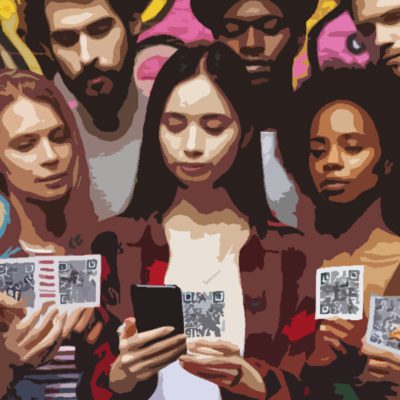







Underlying the barrage of political messages aimed at indoctrinating people —notes the psychologist and writer Manuel Llorens in this opinion piece— there is a country abounding in stories of anonymous lionhearted people. Citizens who, he says, will contribute to building a foundation for a better society.
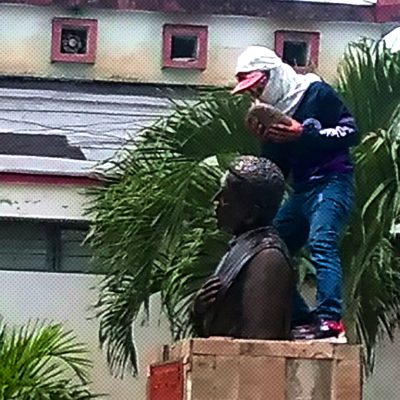
Less than forty-eight hours after the National Electoral Council announced that Nicolás Maduro had won the July 28 elections, at least five statues of Hugo Chávez were toppled at various places in Venezuela. The narrator Héctor Torres reflects on those events and comes to the conclusion that, more than acts of protest, they signify the ultimate spiritual breaking of ties with a model that left an imprint on much of the country during the last twenty-five years.
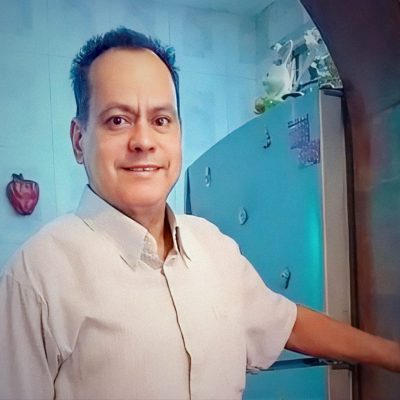
An ailing father, bitter because of the limitations ill health imposed on him; a son, yearning for the solitude he had long chosen for himself and trying to have an identity of his own; the memories of a relationship that was marked by estrangement and reconnection. Such is the thread of this story.
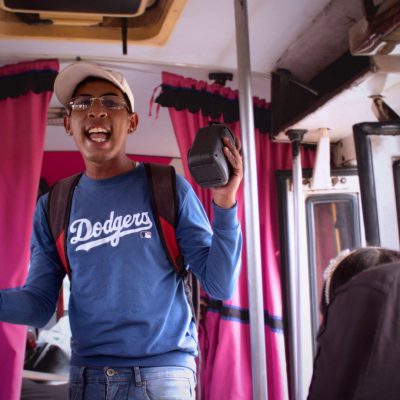
San Francisco de Yare, a semi-rural city just over an hour from Caracas, is one of five in the Valles del Tuy region. Every year, hundreds of tourists visit the place on the Feast of Corpus Christi to watch the ritual dance of the Diablos Danzantes de Yare.
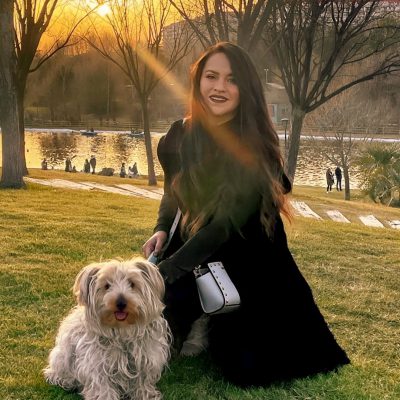
The back-to-back deaths of loved ones and the ending of a various romantic relationships led Anyiseth Sequera to a state of mind so grim that, more than once, she considered taking her own life. Well, she is now an independent activist that raises awareness about suicide prevention.
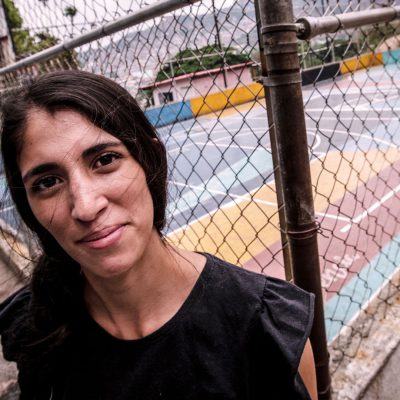
There, at the age of 27, she spares no effort in helping young people in her community see for themselves that they can have a less bleak and barren future.
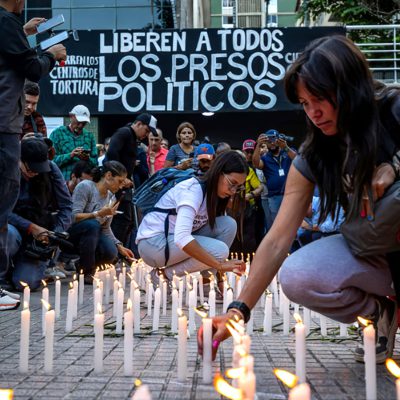
The UN Independent International Fact-Finding Mission Report on Venezuela published on Tuesday, September 17, is categorical in describing the “machinery of repression” of the Maduro regime. Deaths, detentions, violations of due process. That’s part of what the ONG Foro Penal has also been documenting. This timeline shows how lawyers volunteering for the latter organization have been overstretched with work after the elections of July 28, and how the number of prisoners has reached an all-time high.
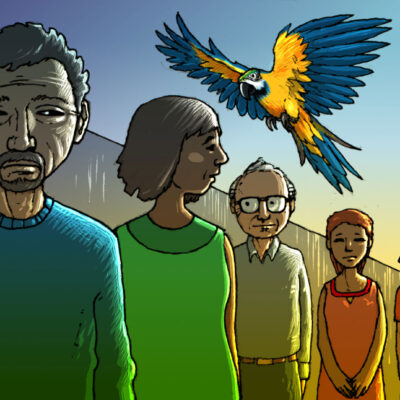
The night of the July 28th election, hundreds of thousands of people saw the actas, and not only the opposition’s witnesses who kept copies. Two PSUV witnesses and a chavista community leader share their experiences.
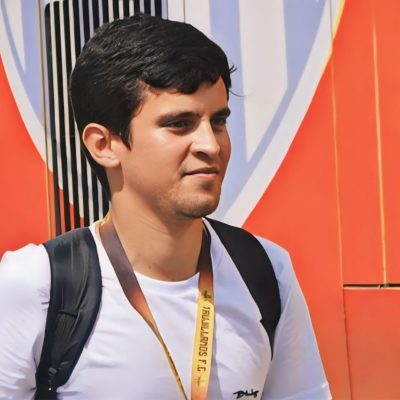
Paul León trabaja en el canal VPItv. Fue detenido mientras se preparaba para cubrir una manifestación en Valera, estado Trujillo.
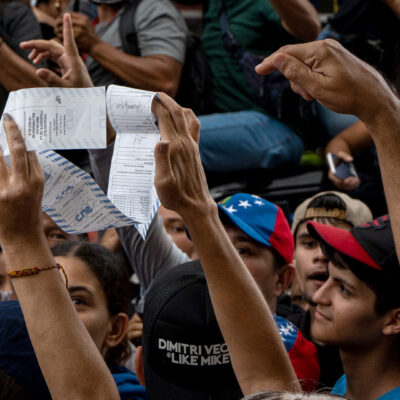
That of July 28, 2024 was not just another election. Organized citizens, in defense of their votes, proved that Venezuela has a robust social fabric. This text weaves a thread into three testimonies of the gearwheel that was set in motion that and the following days by the citizens themselves to collect the tally sheets printed by the voting machines and make them available for the world to see. But there are more than three, for sure.